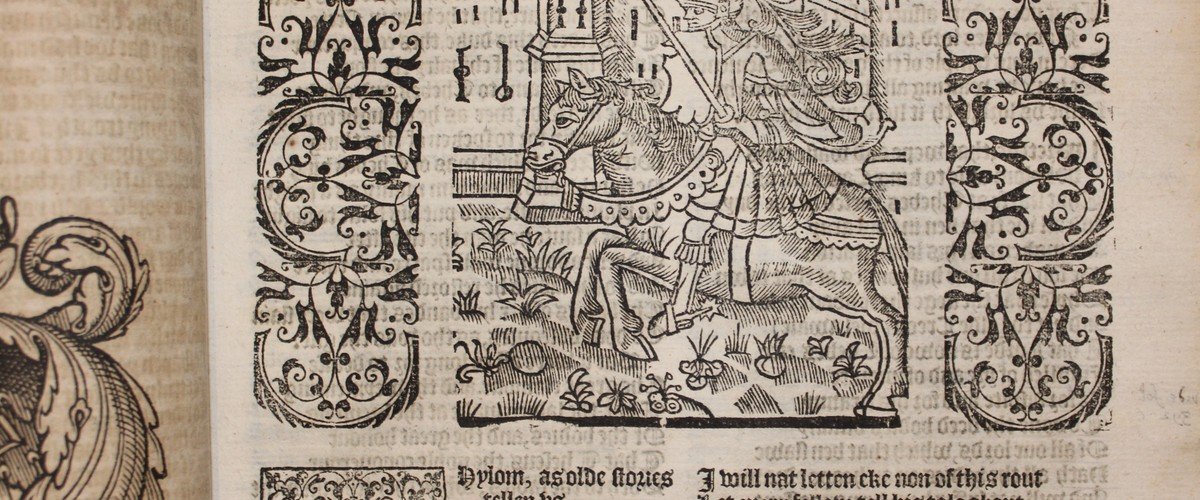

Literature, Language and Pandemics
Writing bears the indelible impression of its time but not always in the ways we might expect. Quite how and whether literature will respond to what is going on is as unpredictable as the opening of Chaucer’s The Canterbury Tales – a text written in the aftermath of the ravages of plague but teeming, living and populated with characters ‘by chance fallen into fellowship’.
Whan that Aprille with his shoures soote,
The droghte of March hath perced to the roote,
And bathed every veyne in swich licóur
Of which vertú engendred is the flour;
The forms and voices of artistic response are unpredictable, and glorious because of that unpredictability. Modernism emerged from the shadow of the twin dislocations of the First World War and the Spanish Flu; Shakespeare, holed up in 1606, wrote the apocalyptic King Lear and turned to sonnets when the plague closed theatres; the great vernacular flourishing of the 1350s and onwards – Langland’s dour Piers Plowman or the vibrant, bustling Canterbury Tales – all sprang up from the sweeping destruction of the Black Death.
But disease and death can also strip back our language or make us talk in strange new ways: infected, susceptible, confirmed, recovered. Susan Sontag, writing about cancer in her book Illness as Metaphor, pointed out that when confronted by disease we tended to reach for simplicity as a way of making order out of disorder - we must declare ‘war’ on coronavirus, doctors are on the ‘front lines’, we must ‘battle’ on. Sontag goes on to tell us to reject this kind of oversimplification, because it destroys the individual human at the centre, but sometimes we might be too overwhelmed or exhausted to resist – look at Freud’s bathetic response to the death of his daughter from complications arising from the Spanish Flu: “it was a bit much for one week”.
Over the last few months, I have been turning back to the French essayist Montaigne, who offers a brilliant exploration of our responses to life, and to death. Montaigne was no stranger to plague as both a social and personal phenomenon. He writes movingly about his grief at the loss of his best friend de La Boetie – to plague, in 1563 – in ‘On Friendship’:
‘I was already so used and accustomed to being, in everything, one of two, that I now feel I am no more than a half…There is no deed nor thought in which I do not miss him.’
Montaigne recognises that we are limited and fallible, and none more so than the author himself. ‘It is from my own experience’, he writes, ‘that I emphasize human ignorance which is, in my judgement, the most certain factor in the school of the world.’
Most wonderfully, he celebrates life in its quiet ordinariness, and finds within that an answer to the question of how to live:
‘The most beautiful of our lives to my liking are those which conform to the common measure, human and ordinate, without miracles though, and without rapture.’

 Head back to stories
Head back to stories